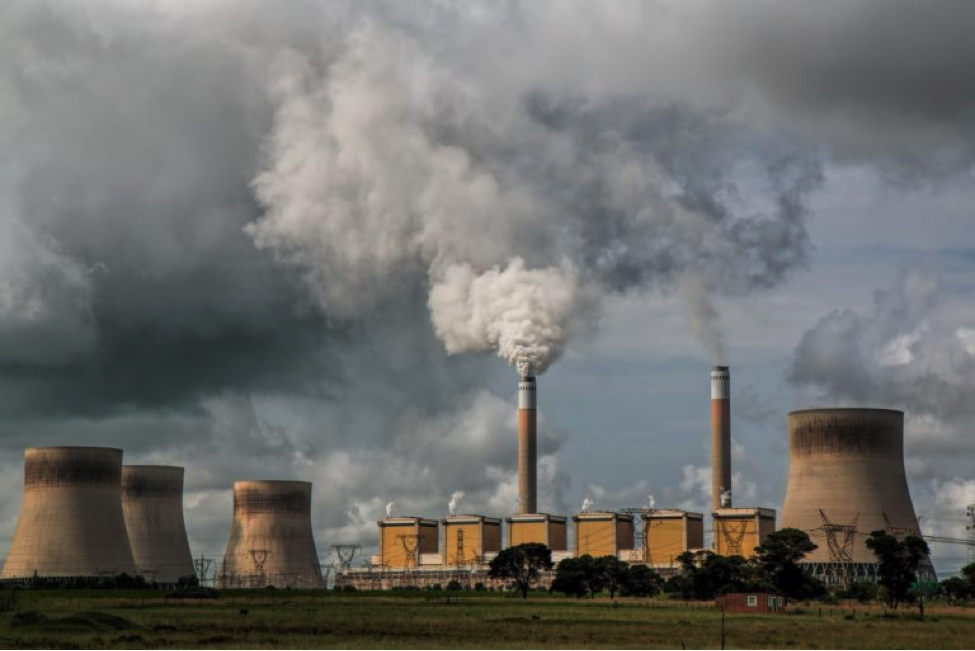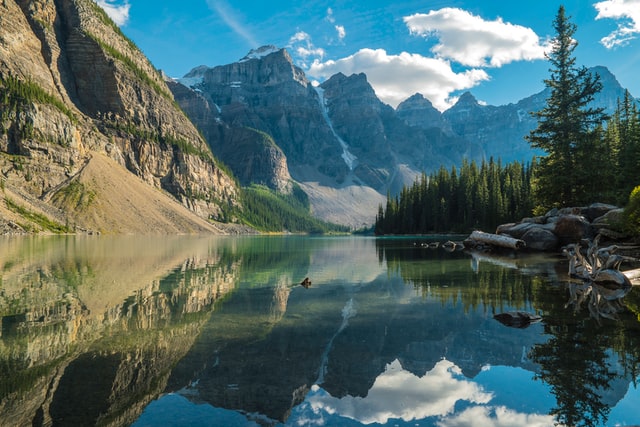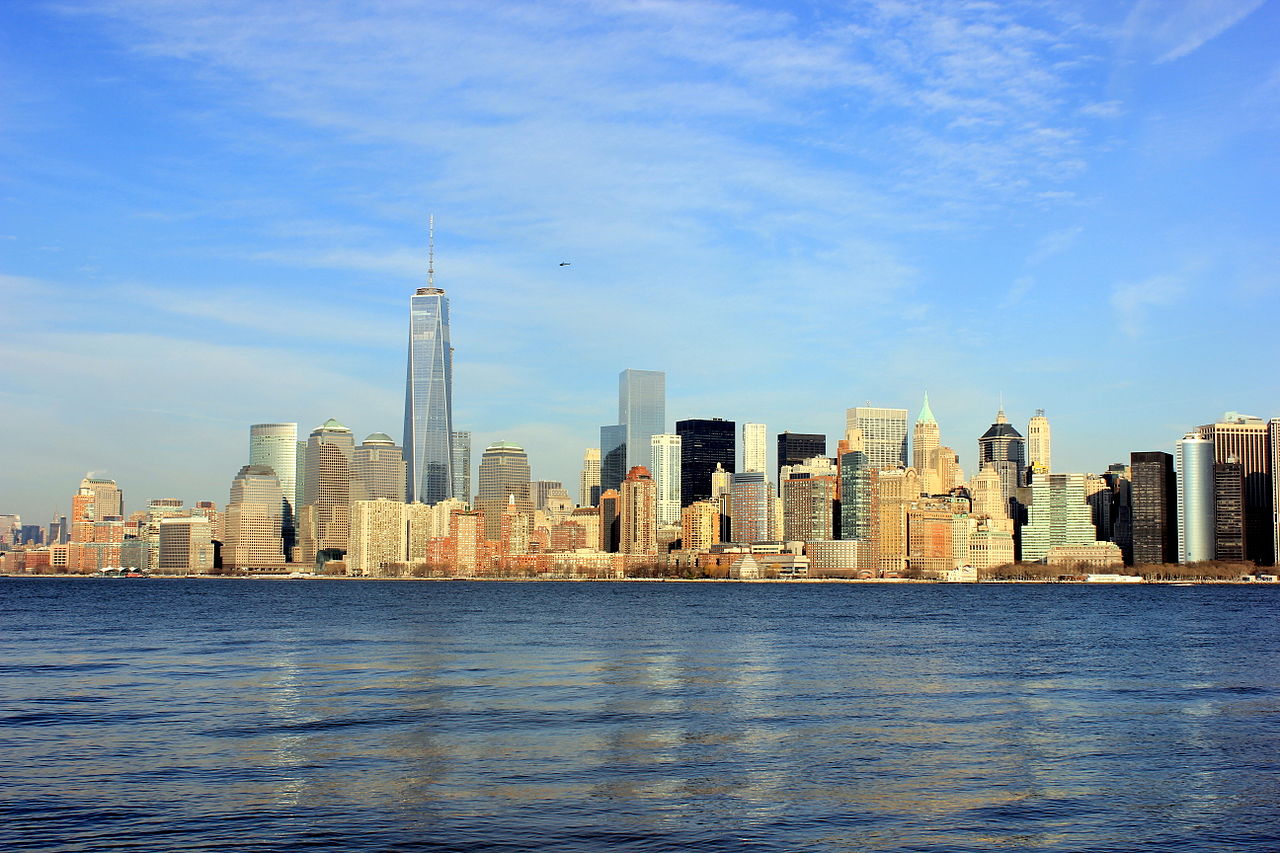By Margaret Barry and Korey Silverman-Roati Each month, Arnold & Porter and the Sabin Center for Climate Change Law collect and summarize developments in climate-related litigation, which we also add to our U.S. and non-U.S. climate litigation charts. If you know of any cases we have missed, please email us at columbiaclimate@gmail.com. HERE ARE […]
International
By Maria Antonia Tigre* Over the last year Brazil has seen numerous innovative climate litigation claims filed that have questioned the country’s climate policies and general effects of activities on climate change. (I wrote about some of those here and here.) The Amazon rainforest, the country’s not-so-secret weapon to mitigate […]
by Matteo Fermeglia, Catherine Higham, Korey Silverman-Roati and Joana Setzer* Climate litigation is now established as a critical part of domestic climate governance regimes. While domestic climate litigation is still the most notorious form of climate-related dispute resolution, arbitration and mediation are becoming important means of resolving climate-related disputes. However, the […]
by Iva Lea Aurer* The historic judgment rendered by the District Court of the Hague on May 26, 2021 represents a new understanding of corporate liability in regards to the risk of harm caused by their contribution to climate change. The court ordered Royal Dutch Shell (“RDS”) to reduce its […]
By Christoph Schwarte* In 1978, during a phase of the Cold War when relationships between East and West began to relax, the United States and 4 other nuclear powers (China, France, the Soviet Union and the UK) made unilateral declarations granting security assurances to non-nuclear- weapon states. Speaking on behalf […]
By Jaap Spier[1] On April 29, 2021 the German Constitutional Court (the Bundesverfassungsgericht, or GCC) rendered a ground-breaking judgment, requiring the German government to establish specific plans to achieve its mid-century greenhouse gas emissions goal. (An English press release is available here. The judgment, in German, and an unofficial English […]
On Earth Day, citizens all around the world make a concerted effort to reflect upon their relationship with nature, and collectively share what specific actions we can take to protect our planet against threats such as air and water pollution, deforestation, species decline, extreme weather events, and more — all of which are exacerbated by climate change.
The “Rights of Nature” movement is fundamentally rethinking humanity’s relationship with nature, and it is gaining momentum. It is led by activists advocating for ecosystems such as rivers, lakes, and mountains to bear legal rights in the same, or at least a similar, manner as human beings. This movement is striving for a paradigm shift in which nature is placed at the center and humans are connected to it in an interdependent way, rather than a dominant one. How would such a legal system work, and could giving rights to nature help in the legal battle against climate change? A few case studies offer some insight.
FEATURED CASE
Second Circuit Rejected New York City’s State Law Climate Claims Against Oil Companies
The Second Circuit Court of Appeals affirmed the dismissal of New York City’s lawsuit seeking climate change damages from oil companies. The Second Circuit’s decision largely followed the reasoning of the district court’s 2018 decision. First, the Second Circuit held that federal common law displaced the City’s state-law public nuisance, private nuisance, and trespass claims because the lawsuit would regulate cross-border greenhouse gas emissions, albeit “in an indirect and roundabout manner,” and because state law claims “would further risk upsetting the careful balance that has been struck between the prevention of global warming, a project that necessarily requires national standards and global participation, on the one hand, and energy production, economic growth, foreign policy, and national security, on the other.” The Second Circuit then held that the Clean Air Act, in turn, displaced federal common law claims related to domestic emissions. The Second Circuit cited American Electric Power Co. v. Connecticut, 564 U.S. 410 (2011), as establishing “beyond cavil” that the Clean Air Act displaced federal common law nuisance suits to abate domestic transboundary greenhouse gas emissions, and found that Native Village of Kivalina v. ExxonMobil Corp., 696 F.3d 849 (9th Cir. 2012), provided “sound reasoning” for determining that the Clean Air Act also displaced federal common law damages claims. The Second Circuit also rejected New York City’s contention that the Clean Air Act’s displacement of federal common law claims resuscitated its state law common law claims. Finally, the Second Circuit held that although the Clean Air Act did not displace New York’s federal common law claims addressing emissions outside the United States, foreign policy concerns foreclosed such claims. The Second Circuit said holding the oil companies liable for “purely foreign activity” would “sow confusion and needlessly complicate the nation’s foreign policy, while clearly infringing on the prerogatives of the political branches.” City of New York v. BP p.l.c., No. 18-2188 (2d Cir. Apr. 1, 2021).





